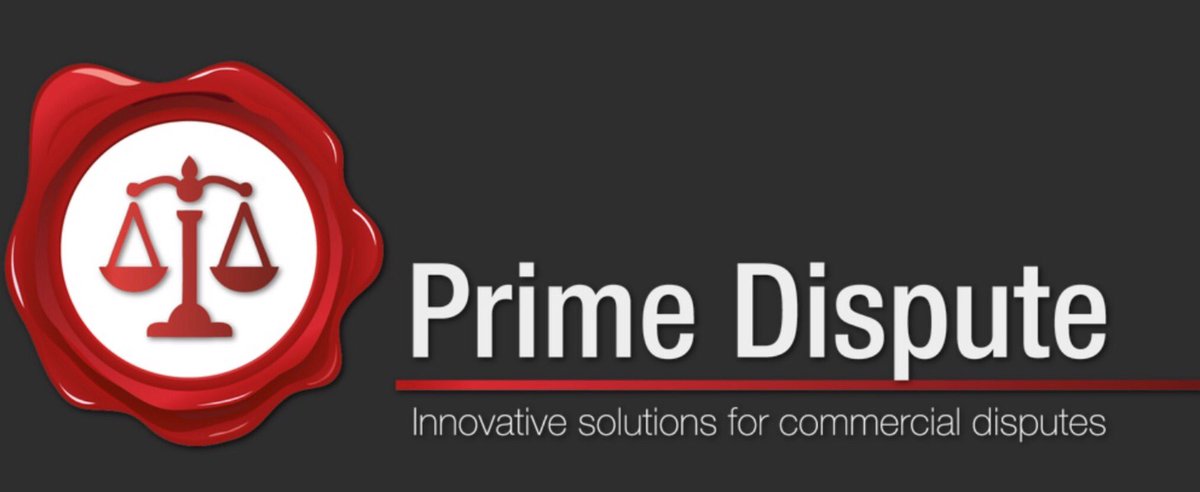|
What is Adjudication?
How do I know whether I can go to adjudication or not? If the contract does not contain any adjudication provisions, or it does but the procedure does not comply with the Act, then to refer a dispute to adjudication you must make sure that:
What is the Scheme for Construction Contracts?
How do I start the adjudication process? If your contract provides for adjudication, the procedure in your contract should be read carefully and followed. For adjudications under the Scheme, there are three main steps:
How are Adjudicators appointed?
How long does the process take?
Who pays for the adjudication?
What will the adjudicator charge?
How can I enforce the adjudicator’s decision?
Do I need professional help to take a case to adjudication?
Where can I go to find someone to support me ? Prime Dispute hold details of professionals who are able to assist you. Contract us for more information. Please Note: Whilst every effort has been made to ensure that this information is correct, it is intended only as a guide and is not intended to be comprehensive, or to provide legal advice. Neither Prime Dispute nor any contributor assumes any liability to anyone for any loss or damage caused by any error or omission whether such error or omission is the result of negligence or any other cause. Any and all such liability is disclaimed. |
Adjudication
|
About Prime Dispute
Prime Dispute / Is a global membership organisation for qualifications and standards in law, dispute avoidance, management & resolution Our purpose / Helping industry create a more prosperous and conflict free working world. Our Vision & Mission |
Please email all correspondence to [email protected]
71-75, Shelton Street, Covent Garden, London, WC2H 9JQ, United Kingdom

